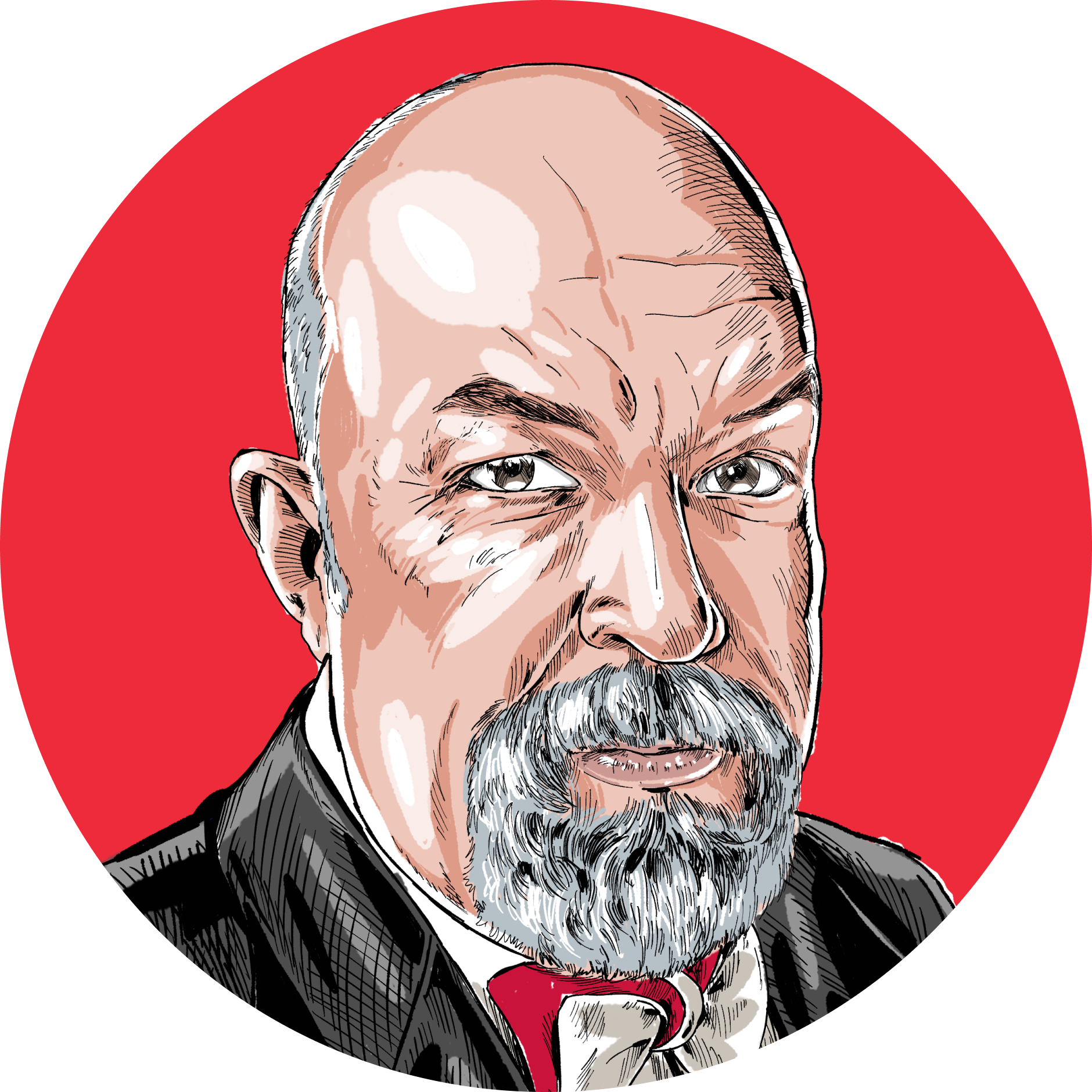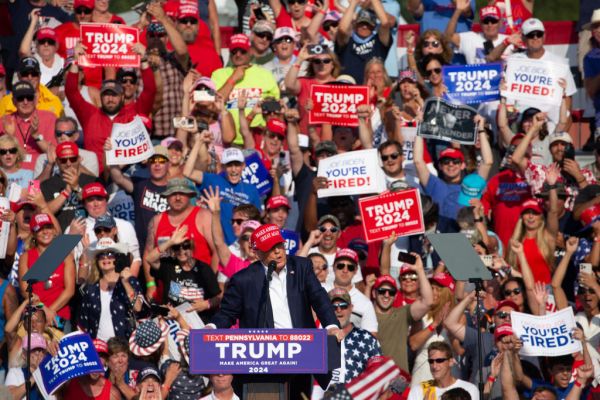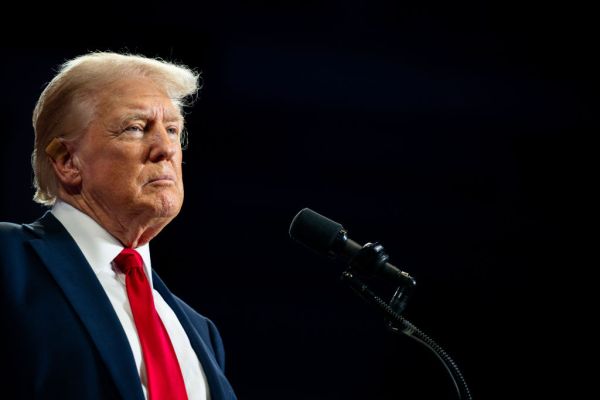I have one very small, non-legal point to add to Advisory Opinions’ very interesting conversation with professor Michael McConnell about the issue—lamentably relevant—of whether Section 3 of the 14th Amendment (the “insurrection” bit) prevents Donald Trump from serving as president.
(The title of the episode, “Coup d’Target,” apparently is a quotation from me. I didn’t remember having originated the phrase, but, then, I write a lot.)
McConell and the hosts (Sarah Isgur and David French) talked at some length about a recent law review article in which the authors (William Baude and Michael Stokes Paulsen) argue that Trump can, in fact, be prohibited from serving as president. The part that stuck out for me:
[In criticizing the text, Justice Salmon] Chase emphasized the breadth of Section Three’s language: it applied in all the states, not just the former Confederacy (so?); it applied beyond the context of Civil War but included aiding enemies in a foreign war (so?); it would apply in terms to immediately disqualify men for acts done long ago, for example in the Mexican War (so?); it would apply “to all persons in the category” and “for all time, present and future” (so?). And, taken seriously, this broad rule would, as noted, “annul all official acts” performed by disqualified officers, including judges. (Would it?)
One of the criticisms of the Baude and Paulsen argument, entertained by Sarah and David, is that it could be applied so promiscuously that those who had participated in, encouraged, or celebrated other kinds of riots, such as the repeated attacks on federal buildings in Portland, might also be excluded from holding office, provided they met the other criterion set forth in Section 3, namely, having sworn an oath to support the Constitution while holding a prior office. I think it is likely that such a broad reading might very well enable the exclusion of those Portland rioters and others of that stripe. And, if I may quote Baude and Paulsen on this matter:
So?
I am not qualified to comment on the technical legal questions, and I make no pretense of offering such comment. But as a political issue, I think there is a useful parallel that should be emphasized: the disenfranchisement of felons.
We do not disenfranchise felons for exclusively punitive reasons. Ask any felon what the worst part of being a felon is, and he very likely will answer that (after the scandalous and abusive conditions of our prisons) it is the economic discrimination that follows felons long after they are freed—maybe he would like to be able to vote, but his urgent needs are a job, the ability to rent an apartment, etc. Disenfranchisement is a minor part of felons’ punishment, and punishment is a minor part of disenfranchisement. Rather, we disenfranchise felons in the interest of civic hygiene: We do not want people who have demonstrated utter contempt for the laws to be the people making the laws or the people choosing the representatives who will make the laws. We do not want to give the lawmaking power to the lawless.
Similarly, people who have demonstrated the kind of contempt for our civic health that was demonstrated on January 6 and on other similar occasions (I did not write “identical”), the people who would use violence, disorder, terror, the destruction of property, the endangerment of life, arson, etc., as instruments of politics should be kept out of politics. My own view is that every person convicted of any crime related to January 6 should be disenfranchised in every case the law allows for it and that none of them should be eligible for any public office. I include in this number their cheerleaders and apologists far from the scene of the actual violence and disorder. This is not something that can be applied without limitation, obviously—prudence is necessary in all things; although I have not exercised my right to vote in some time, I do not think that it should be taken from me because I have a less condemnatory attitude toward particularly long-ago events at Pottawatomie than my friend David French does.
Democratic legitimacy does not require universal participation, nor does it require equality other than formal equality under the law. There are classes of people who should be excluded from voting (felons, resident aliens, mentally incompetent people, etc.) and there are people who should be excluded from holding office, including Donald J. Trump and the senior figures in his administration. In some cases, this exclusion should be accomplished formally (as in Trump’s own case) and in some cases it should be accomplished informally, politically rather than legally (as in the case of Mike Pence, Rudy Giuliani, et al.). If attempting to overthrow the legitimately elected government of the United States through a coup d’état (even a coup d’état that hypothetically might have been given a little shine by being signed off on by congressional Republicans, judges, and state officials recruited into the plot) does not satisfy the definition of “insurrection,” then nothing short of an imitation of Robert E. Lee will do.
You won’t have to try very hard to convince me that “the law is a ass.” A self-respecting people wouldn’t need the 14th Amendment to keep Trump out of office, and, in this case, it would be no great tragedy to call on the law to do the job democracy will not do for itself.









Please note that we at The Dispatch hold ourselves, our work, and our commenters to a higher standard than other places on the internet. We welcome comments that foster genuine debate or discussion—including comments critical of us or our work—but responses that include ad hominem attacks on fellow Dispatch members or are intended to stoke fear and anger may be moderated.